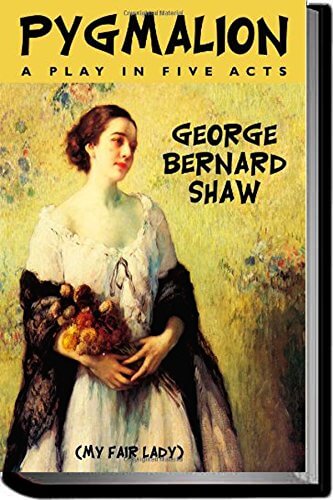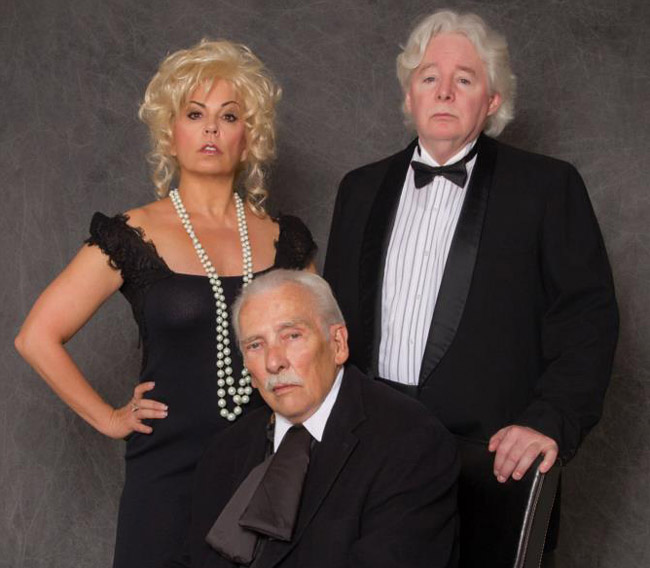
Doolittle’s unusual rhetoric amuses Higgins, who offers to give him extra money. Higgins agrees to send her back, forcing Doolittle to reveal his real intention to get money from Higgins. Eliza’s absentee father, Alfred Doolittle, appears and demands the return of his daughter.

Pearce, to be cleaned and given new clothes.

Higgins agrees, and Eliza is taken by his housekeeper, Mrs. Pickering encourages him by reiterating the bet and agreeing to cover the experiment’s costs if Higgins can successfully pass Eliza off as a duchess. While he initially mocks her, Higgins eventually considers the offer as a showcase for his own skills. She solicits him to teach her how to speak like a lady so she can get a job at a flower shop.

The next morning, Eliza goes to Higgins’s laboratory on Wimpole Street. Higgins and Pickering discover their shared interest in phonetics, leading Higgins to brag that he could pass off someone as low as Eliza the flower girl as a duchess. To calm the crowd, Higgins demonstrates his linguistic skills. The crowd worries that Higgins is a police informant because of his constant note-taking, and they move to protect Eliza from being arrested. She then attempts to sell Pickering her flowers. Freddy Eynsford Hill bumps into Eliza, prompting her to yell at him in her Cockney accent. Among these people, it is later revealed, are Professor Henry Higgins, Colonel Pickering, Eliza Doolittle, and the Eynsford Hill family. Initially identified only by descriptive titles, the people are of various classes. Paul’s Church, various people huddle from the rain.

Many editions, including the one used for this study guide, respect this choice and use apostrophes only as Shaw indicated. Shaw had a lifelong contempt for apostrophes, as he finds them unnecessary. This guide uses the 2009 Simon and Schuster Enriched Classic book, which uses the 1941 play text. Throughout his plays, he often incorporated satire and sought to bring realism and contemporary social issues to English theater. He won the 1925 Nobel Prize in Literature “for his work which is marked by both idealism and humanity,” in the words of the selection committee. After he moved from Dublin to London, he shifted to theater and wrote more than 60 plays. Shaw began his career as a novelist, but his novels were largely unsuccessful.


 0 kommentar(er)
0 kommentar(er)
